Finish Carpentry Contractors
238350
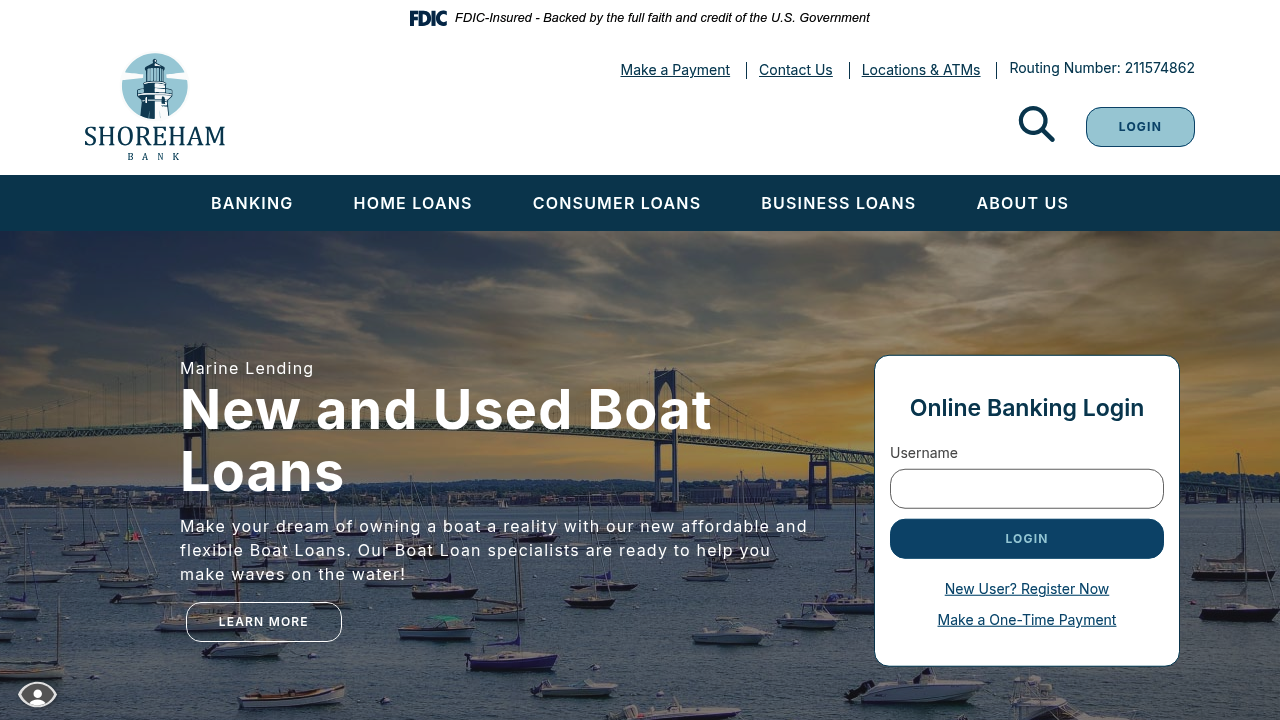
Shoreham Bank (RI)
Shoreham Bank offers Retail Banking, Mortgages, Home Equity Loans, Auto Loans, and much more. Providing our customers with convenience and reliable service since 1959.
Security State Bank & Trust (TX)
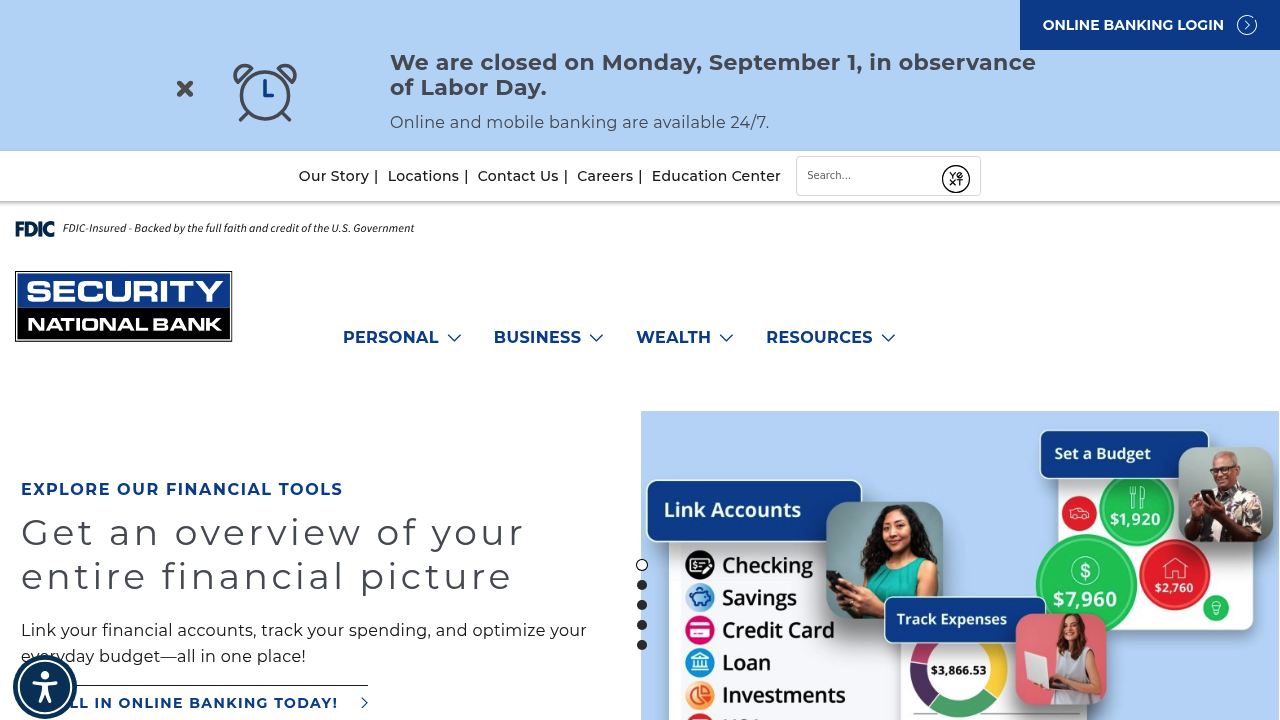
 Security National Bank of Omaha (NE)
Security National Bank of Omaha (NE)
With our extensive history and family-owned legacy, we have a deep and genuine understanding of how to serve and treat our customers.

 Peoples Bank (OH)
Peoples Bank (OH)
Peoples Bank is a Small Business Administration Preferred Lender with 30 years SBA Lending Experience. Small Business Loans tailored for you.

 Oconee State Bank (GA)
Oconee State Bank (GA)
One of the strengths of the bank, is its knowledge of its customers and focus on serving and taking care of its employees, customers, and community.
Highland Bank (MN)
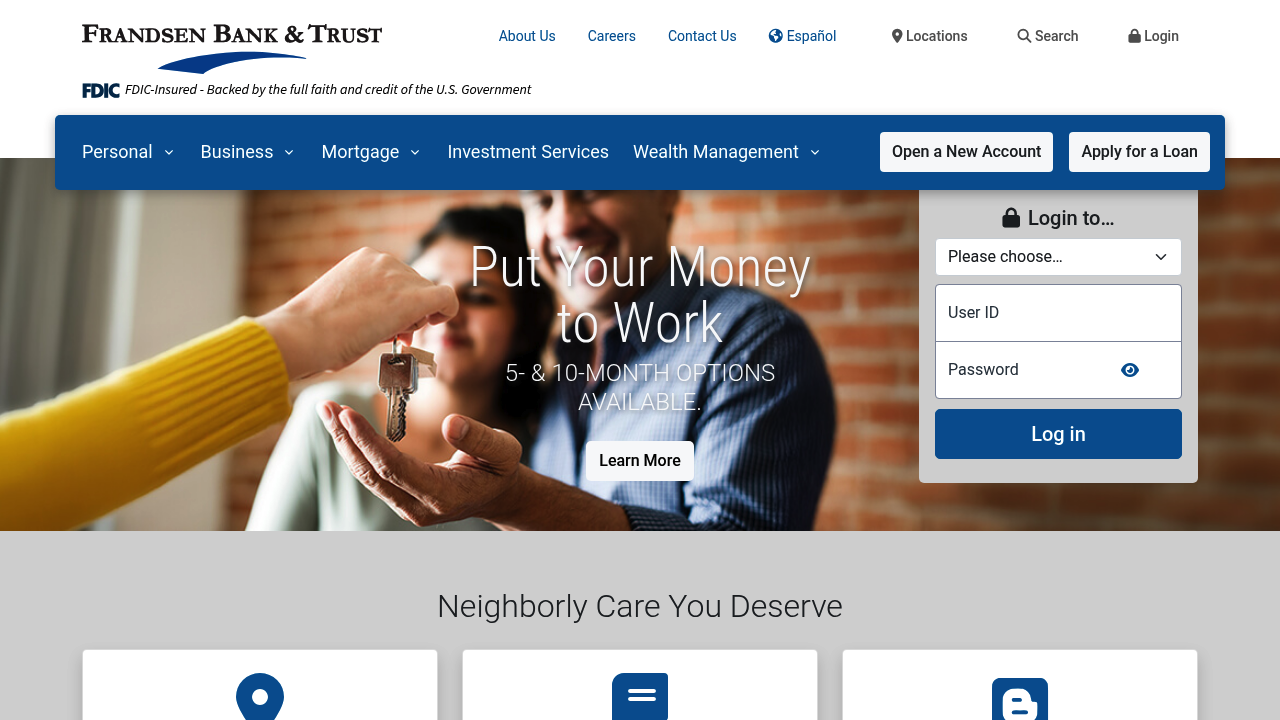
 Frandsen Bank & Trust (MN)
Frandsen Bank & Trust (MN)
Frandsen Bank & Trust is a full-service community banking, trust and investment services organization with offices located throughout Minnesota, Wisconsin, and North Dakota.

 Fortis Bank (CO)
Fortis Bank (CO)
Fortis delivers hands-on support, strategic insight, and real-world execution for business owners, lenders, and trusted advisors.
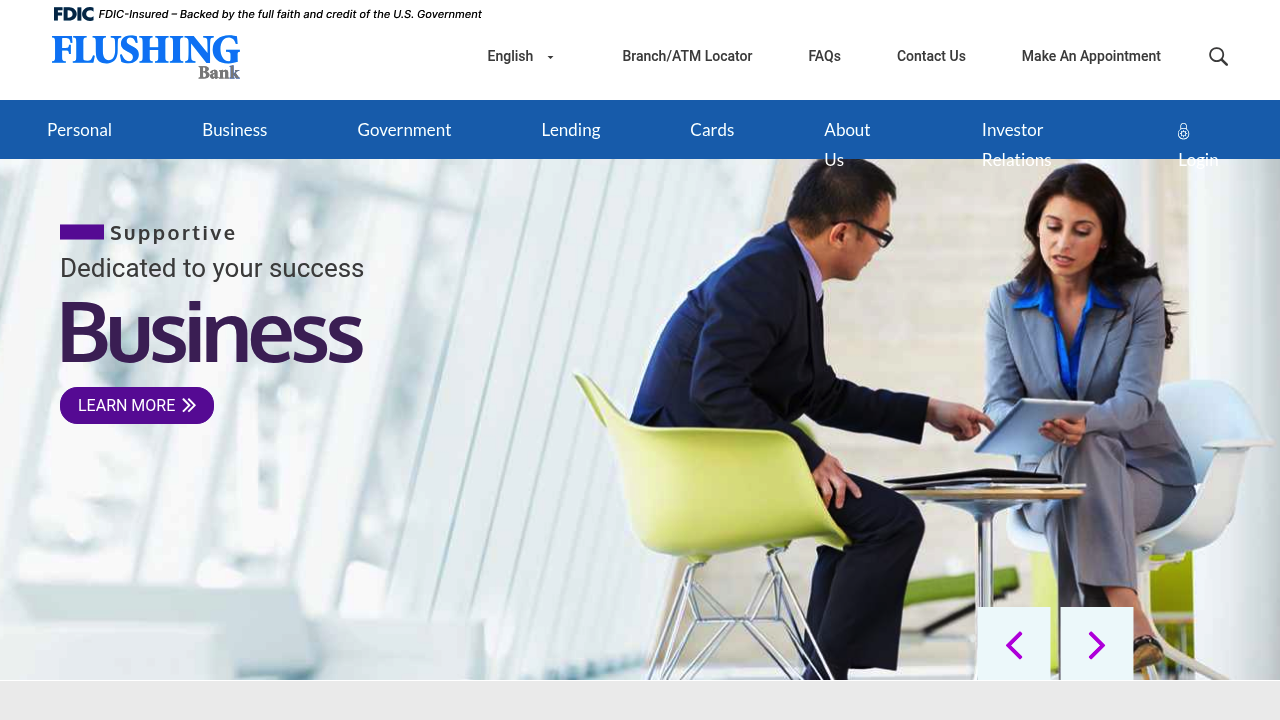
Flushing Bank (NY)
Small enough to know you. Large enough to help you. This is at the heart of our community-based approach to banking relationships. Learn More.

 First Mid Bank & Trust, National Association (IL)
First Mid Bank & Trust, National Association (IL)
First Mid Bank & Trust offers commercial & personal banking, insurance, & wealth management services throughout Illinois, Missouri, Texas & Wisconsin.
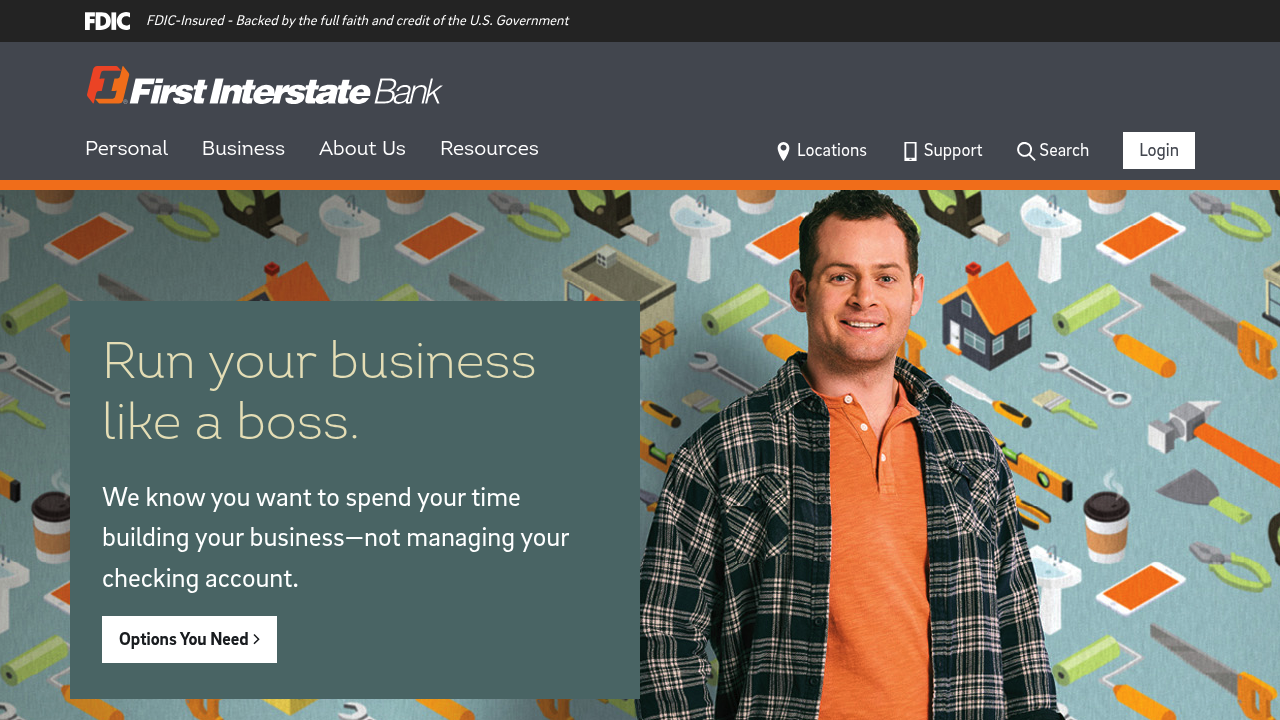
First Interstate Bank (MT)
Community National Bank (VT)
SBA Loans for Finish Carpentry Contractors: Financing Growth in Custom Woodwork and Interiors
Introduction
Finish carpentry contractors add the final touch to residential, commercial, and industrial construction projects by crafting interior woodwork and custom details. Classified under NAICS 238350 – Finish Carpentry Contractors, this industry includes trim, molding, cabinetry, staircases, doors, and other interior finish work. While demand for skilled carpenters is strong, these businesses face financial hurdles such as high labor costs, expensive materials, equipment investments, and seasonal fluctuations in construction activity.
This is where SBA Loans for Finish Carpentry Contractors can make a real difference. Backed by the U.S. Small Business Administration, SBA loans provide affordable financing with lower down payments, longer repayment terms, and government-backed guarantees. These loans help contractors purchase tools and equipment, manage payroll, cover cash flow gaps, and expand their service offerings.
In this article, we’ll explore NAICS 238350, the financial challenges faced by finish carpentry contractors, how SBA loans provide solutions, and answers to frequently asked questions from business owners in this trade.
Industry Overview: NAICS 238350
Finish Carpentry Contractors (NAICS 238350) specialize in the final woodwork and detail installation required to complete construction projects. Services often include:
- Installing trim, molding, and baseboards
- Cabinetmaking and built-in shelving
- Door and window frame installation
- Custom staircases and railings
- Interior wood paneling and decorative work
The industry is driven by construction demand, home renovations, and commercial build-outs. However, it is labor-intensive, material-dependent, and requires consistent cash flow to handle multiple projects at once.
Common Pain Points in Carpentry Contractor Financing
From Reddit’s r/Carpentry, r/Contractors, and Quora discussions, finish carpenters often face these financial struggles:
- Material Costs – Lumber, hardwoods, and specialty finishes are expensive and fluctuate with market conditions.
- Skilled Labor Shortages – Hiring experienced carpenters and apprentices adds to payroll pressure.
- Equipment Investments – Saws, planers, sanders, and installation tools require regular replacement or upgrades.
- Cash Flow Gaps – Contractors often wait 30–90 days for payment after project completion.
- Seasonal Demand – Work often slows in winter or during downturns in the housing market.
How SBA Loans Help Finish Carpentry Contractors
SBA financing provides contractors with the resources to manage cash flow, upgrade equipment, and grow their businesses.
SBA 7(a) Loan
- Best for: Working capital, payroll, equipment, or debt refinancing.
- Loan size: Up to $5 million.
- Why it helps: Provides cash to cover project expenses, hire staff, or purchase materials in bulk.
SBA 504 Loan
- Best for: Real estate and large equipment purchases.
- Loan size: Up to $5.5 million.
- Why it helps: Ideal for buying a workshop, storage facility, or large woodworking equipment.
SBA Microloans
- Best for: Small or startup carpentry businesses.
- Loan size: Up to $50,000.
- Why it helps: Useful for purchasing essential tools, covering licensing costs, or marketing services.
SBA Disaster Loans
- Best for: Contractors impacted by natural disasters or unexpected disruptions.
- Loan size: Up to $2 million.
- Why it helps: Provides recovery funding to replace damaged tools, repair facilities, or cover lost revenue.
Step-by-Step Guide to Getting an SBA Loan
- Check Eligibility – Must be a U.S.-based, for-profit business with good personal credit (typically 650+).
- Prepare Financial Documents – Include tax returns, P&L statements, project contracts, and payroll records.
- Find an SBA-Approved Lender – Some lenders specialize in construction and trade businesses.
- Submit Application – Provide a business plan with service offerings, growth strategies, and revenue forecasts.
- Underwriting & Approval – SBA guarantees reduce lender risk. Processing usually takes 30–90 days.
FAQ: SBA Loans for Finish Carpentry Contractors
Why do banks often deny loans for carpentry contractors?
Banks see contractors as risky due to project-based income, seasonal slowdowns, and cash flow gaps. SBA guarantees reduce this risk, increasing approval chances.
Can SBA loans fund equipment and tools?
Yes. SBA 7(a) and 504 loans can cover woodworking equipment, trucks, and installation tools.
What down payment is required?
SBA loans typically require 10–20% down, compared to 25–30% with traditional loans.
Are startup carpentry businesses eligible?
Yes. With trade experience, licensing, and a strong business plan, startups can qualify for SBA financing.
What repayment terms are available?
- Working capital: Up to 7 years
- Equipment: Up to 10 years
- Real estate: Up to 25 years
Can SBA loans help expand into commercial projects?
Absolutely. Many carpentry businesses use SBA loans to scale up and bid on larger commercial or industrial jobs.
Final Thoughts
The Finish Carpentry Contractor industry is essential to construction and renovation projects but requires consistent financial resources to thrive. SBA Loans for Carpentry Contractors provide affordable capital that helps owners cover expenses, purchase equipment, and grow their businesses.
Whether you’re a small woodworking shop or a contractor expanding into larger commercial projects, SBA financing can give you the tools to succeed. Connect with an SBA-approved lender today and explore your options for funding growth.
Filters
Tags
#Preferred Lenders Program
#SBA Express Program
#Existing or more than 2 years old
#Startup
#Loan Funds will Open Business
#Fixed Rates Startup
#Change of Ownership
#New Business or 2 years or less
#7a General
#Variable Rates
#Fixed Rates
#Standard Asset Base Working Capital Line of Credit (CAPLine)
#International Trade Loans
#Export Express
#7a with WCP
#Contract Loan Line of Credit (CAPLine)
#7a with EWCP
#Unanswered
#Preferred Lenders with WCP
#Preferred Lenders with EWCP
#Seasonal Line of Credit (CAPLine)
